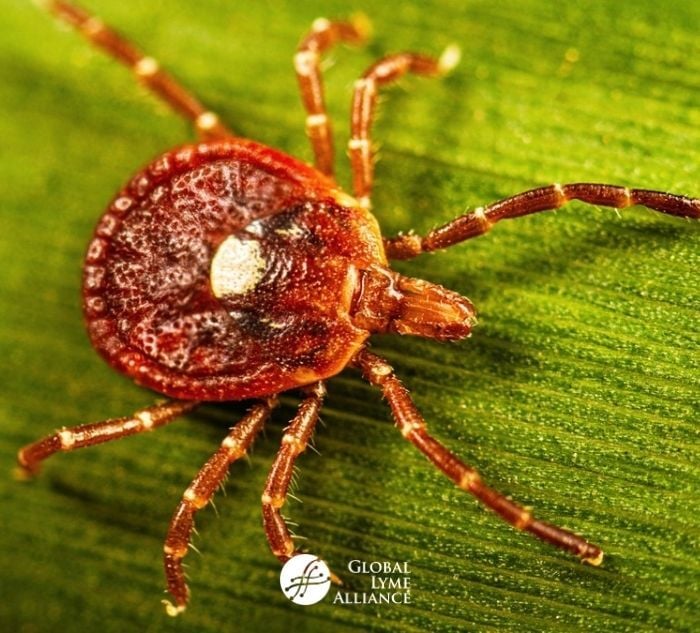
 1. "Lyme Disease and Mental Disorders: It's Not All in Your Head"
1. "Lyme Disease and Mental Disorders: It's Not All in Your Head"
Written by Mayla Hsu, Ph.D., GLA's former Director of Science & Research at Global Lyme Alliance, the article introduces a newly-published study on mental health and Lyme disease. The GLA-funded study, led by Dr. Michael Eriksen Benros of Copenhagen University Hospital, determined that the risk of mental disorders is greater in people with a Lyme diagnosis compared to those without.
 2. "The Lyme Diet"
2. "The Lyme Diet"
Jennifer Crystal discusses the strict diet she follows as someone who suffered from Lyme disease. She sticks to a low-sugar, gluten-free diet and instructs other on what they should add or eliminate in their meal plans to best support their recovery.
-2.jpg?width=273&name=%23MyLymeLife_2%20(6)-2.jpg) 3. "Remembering Nate"
3. "Remembering Nate"
Samantha Davis shares the story of her husband Nate who passed away this year as a result of Lyme disease. Nate was infected by a tick-bite in Moab, UT in 2014. Colorado has little familiarity with Lyme, and next to no understanding in how to treat it, recognize it, and what it does when left untreated. GLA sends our condolences to the family.
 4. "Hygromycin A May Prevent Cases of Post-Treatment and Chronic Lyme Disease"
4. "Hygromycin A May Prevent Cases of Post-Treatment and Chronic Lyme Disease"
Dr. Kim Lewis, a GLA-funded scientist, recently found that Hygromycin A can treat Lyme disease without harming the microbiome. This may prevent cases of long-haul Lyme disease as an unhealthy imbalance of bacteria in the gut microbiome is evident in patients with post-treatment Lyme disease (PTLD).
 5. "Promising New Lyme Disease Antibiotic May Spare Microbiome"
5. "Promising New Lyme Disease Antibiotic May Spare Microbiome"
Why is antibiotic treatment for Lyme often problematic? A significant side effect of treating Lyme is the disruption of the gut microbiome. Since doxycycline, amoxicillin, and ceftriaxone are broad-spectrum antibiotics, they target not only Borrelia burgdorferi, the bacteria that cause Lyme disease, but also other bacteria. Fortunately, Hygromycin A kills the Lyme bacteria without harming the microbiome.
To read our most recent blogs, click here.







-2.jpg)